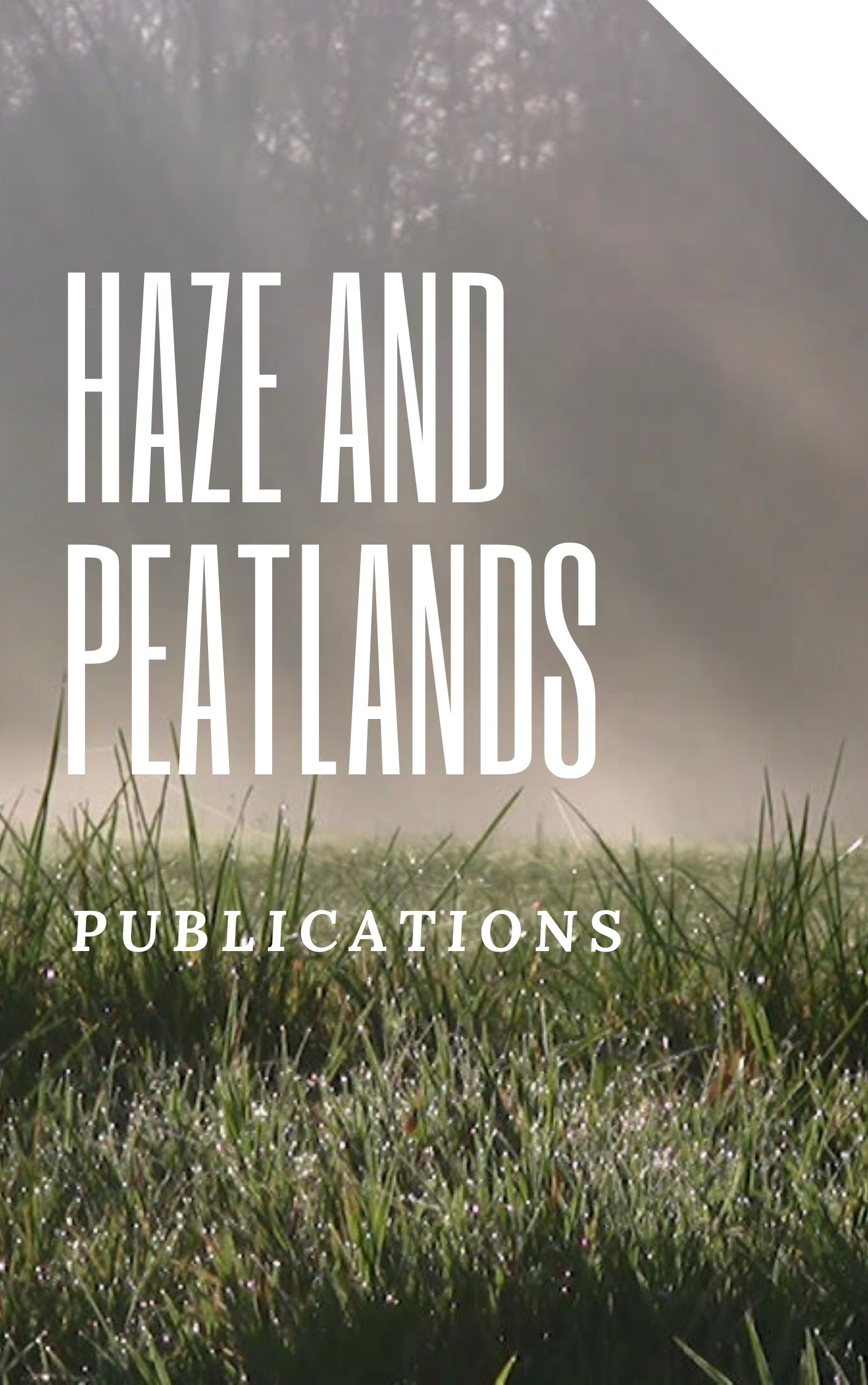Loss of environmental services provided by forests is a non-linear process in Jambi Province, Sumatra, Indonesia. Intermediate-intensity land-use types in the form of complex agroforests have maintained global environmental benefits under a sustainable and profitable land use regime. Conversion to tree crop monocultures, however, poses a challenge to the environmental stakeholders and an opportunity to stakeholders in the private economy. We quantified environmental indicators, as well as profitability and sustainability of a range of existing and possible production systems. Criteria and indicators were used at plot to landscape scales, taking into account local, national and global perspectives. Agronomic sustainability and profitability were assessed at plot level as they are of primarily local concern, while environmental services of forests, such as plant species and functional type richness, carbon stocks, greenhouse gas emissions, and trans-boundary haze, which are of national and global concern, were assessed at landscape level. Quantitative trade-offs and complementarities were analysed between global environmental benefits and local profitability. The current trend towards simplification of the complex agro-ecosystems and inherent loss of environmental services of forests is driven by profitability. The sequence in which environmental services of forests are lost is: standing carbon stocks, biodiversity, and low or negative greenhouse gas emissions.

